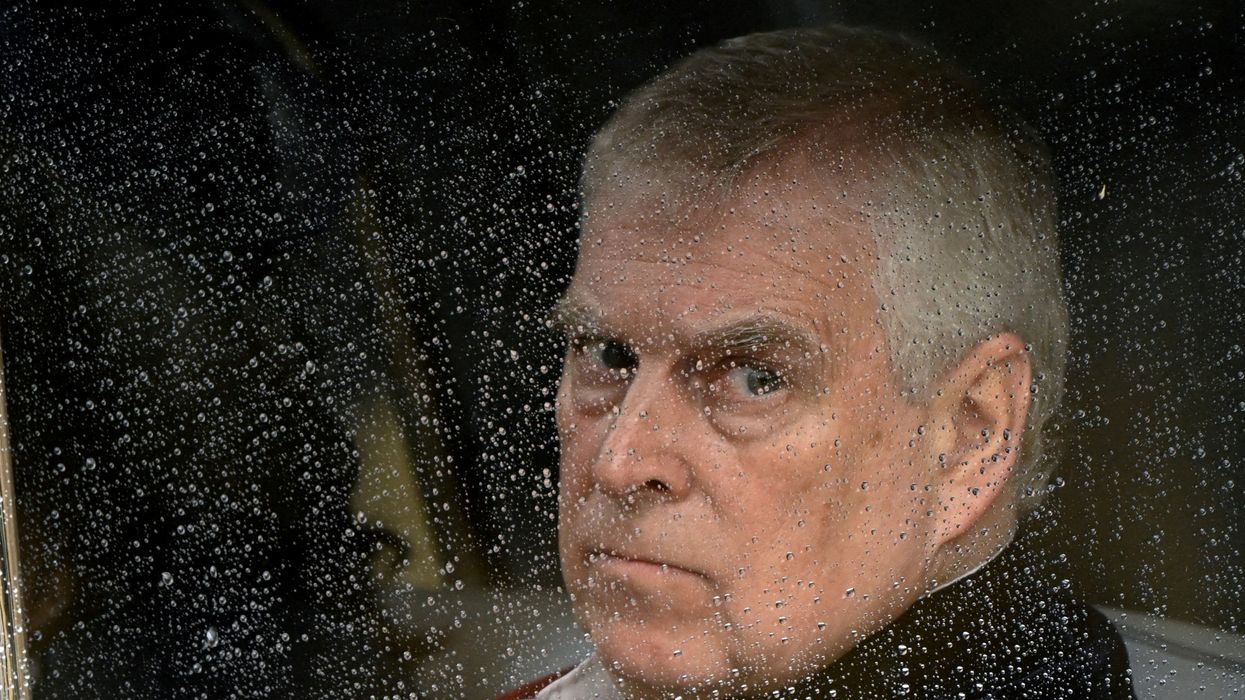by LAUREN CODLING
PEOPLE from an ethnic minority background experience lower levels of kindness in communities, new research has shown.
According to data published by the Carnegie UK Trust last month, BAME respondents in England claimed that they felt they encountered less kindness. For instance, only 28 per cent of BAME respondents said they thought people were “generally kind”, compared to 38 per cent of their white counterparts.
There were also differences in experiences of public services. BAME respondents were less likely to feel they were treated with kindness while visiting a GP.
In other public services, such as libraries and police services, they also felt less likely to feel that they were treated with kindness.
Co-author Ben Thurman told Eastern Eye that although the reasoning behind such negative responses was uncertain, he believed it could be down to a number of factors.
For instance, the word ‘kindness’ could be interpreted as having a different meaning from one culture to another.
“Or it could relate to the experiences of British Asians in certain communities and how they feel about the people around them, when it comes to racism or discrimination,” Thurman said. “It could be a number of things.”
The research, based on face-to-face interviews with more than 1,000 people, revealed how respondents described the place they lived in and insights into people’s perception on various methods of public engagement.
The data, collected by Ipsos Mori, on behalf of the Carnegie UK Trust, also showed ethnic respondents were much less likely to feel they had too little control over public services. They were also far more likely to consider public meetings to be effective.
Findings showed that ethnic respondents were more likely than their white peers to have volunteered or set up a community organisation.
Additional findings revealed that England’s town and rural areas were significantly less diverse than cities. Those living in cities reported the lowest levels of satisfaction. People in southeast England experienced the highest levels of kindness and Londoners the lowest. Those in the northeast were least likely to feel they could rely on others for support.












